What is ADVAGRAF 1MG CAPSULES?
ADVAGRAF 1 mg is a prescription medication that contains tacrolimus, an immunosuppressant. It belongs to a class of drugs known as calcineurin inhibitors. ADVAGRAF is designed in a prolonged-release formulation, allowing for once-daily dosing, which can enhance patient compliance and convenience.
What is the use of ADVAGRAF 1MG CAPSULES?
ADVAGRAF is primarily used to prevent organ rejection in patients who have undergone kidney or liver transplantation. By suppressing the body’s immune response, it helps prevent the immune system from attacking the transplanted organ. It may also be used in certain cases to treat existing rejection episodes when other treatments are not effective.
Benefits ofADVAGRAF 1MG CAPSULES
-
✅ Once-daily dosing improves convenience and adherence.
-
✅ Reduces the risk of organ rejection after transplantation.
-
✅ Prolonged-release formulation maintains more stable blood levels of tacrolimus.
-
✅ Effective immunosuppression with a lower peak concentration, potentially reducing certain side effects compared to immediate-release forms.
Side Effects of ADVAGRAF 1MG CAPSULES
Like all immunosuppressants, ADVAGRAF may cause side effects. These can include:
-
⚠️ Increased risk of infections (due to weakened immune system)
-
⚠️ High blood pressure
-
⚠️ Headache
-
⚠️ Nausea, diarrhea, or gastrointestinal discomfort
-
⚠️ Tremors
-
⚠️ Kidney dysfunction
-
⚠️ Elevated blood sugar levels (possible risk of diabetes)
Less common but serious side effects include neurotoxicity, seizures, and increased risk of certain cancers (e.g., lymphoma or skin cancer), particularly with long-term use.
Important Usage Notes
-
ADVAGRAF should be taken exactly as prescribed by your transplant specialist.
-
It must be taken at the same time every day, preferably on an empty stomach for consistent absorption.
-
Regular monitoring of blood levels, kidney function, and other parameters is crucial.
Conclusion
ADVAGRAF 1 mg is a vital medication for transplant patients, helping to protect newly transplanted organs through advanced immunosuppressive therapy. While it comes with potential risks, its benefits in preventing life-threatening organ rejection make it a cornerstone treatment when used under careful medical supervision.
-
What is ADVAGRAF 1 mg used for?
ADVAGRAF is used to prevent organ rejection in adults who have received a kidney or liver transplant. It may also be used to treat rejection episodes when other immunosuppressive therapies are not sufficient. -
How does ADVAGRAF work?
ADVAGRAF contains tacrolimus, which suppresses the immune system by inhibiting T-lymphocyte activation, helping the body accept a transplanted organ. -
What is the difference between ADVAGRAF and other tacrolimus formulations?
ADVAGRAF is a prolonged-release form, taken once daily, unlike some other immediate-release tacrolimus medications that are taken twice daily. -
How should I take ADVAGRAF 1MG CAPSULES?
It should be taken once daily, at the same time each day, on an empty stomach (either 1 hour before or 2–3 hours after a meal), preferably in the morning. -
Can I switch from another tacrolimus product to ADVAGRAF 1MG CAPSULES?
Yes, but only under strict supervision by a healthcare provider, as dosage adjustments and monitoring are necessary during the transition. -
Do I need regular monitoring while taking ADVAGRAF 1MG CAPSULES?
Yes. Blood tests are necessary to monitor tacrolimus levels, kidney function, liver enzymes, and other parameters to ensure effective and safe treatment. -
What should I do if I miss a dose of ADVAGRAF?
Take the missed dose as soon as you remember, unless it’s almost time for your next dose. Do not double the dose. Always inform your doctor if you frequently miss doses. -
Can ADVAGRAF cause side effects?
Yes. Common side effects include tremors, headaches, high blood pressure, nausea, and increased blood sugar levels. It may also increase your risk of infections and, over time, certain cancers. -
Are there any foods or drinks I should avoid while taking ADVAGRAF 1MG CAPSULES?
Yes. Avoid grapefruit and grapefruit juice, as they can affect the metabolism of tacrolimus and increase its levels in the blood, leading to toxicity. -
Can I take ADVAGRAF 1MG CAPSULES with other medications?
Some medications may interact with ADVAGRAF. Always inform your doctor of any other drugs you are taking, including over-the-counter medications, herbal products, and supplements. -
Can I drink alcohol while taking ADVAGRAF?
Alcohol should be used with caution, as it can increase liver workload and may worsen certain side effects like tremors or nausea. -
Is ADVAGRAF safe during pregnancy or breastfeeding?
ADVAGRAF should be used during pregnancy only if clearly needed. It may pass into breast milk, so breastfeeding while on this medication is generally not recommended. Discuss risks and benefits with your doctor. -
How should ADVAGRAF be stored?
Store at room temperature (below 25°C), away from moisture and heat. Keep it in the original packaging until use and out of reach of children. -
What happens if I overdose on ADVAGRAF?
Overdose can lead to serious symptoms such as kidney problems, tremors, and electrolyte imbalances. Seek immediate medical attention if overdose is suspected. -
Can ADVAGRAF affect my ability to drive or operate machinery?
ADVAGRAF may cause dizziness, confusion, or vision disturbances in some people. Avoid driving or operating machinery if you experience these symptoms.

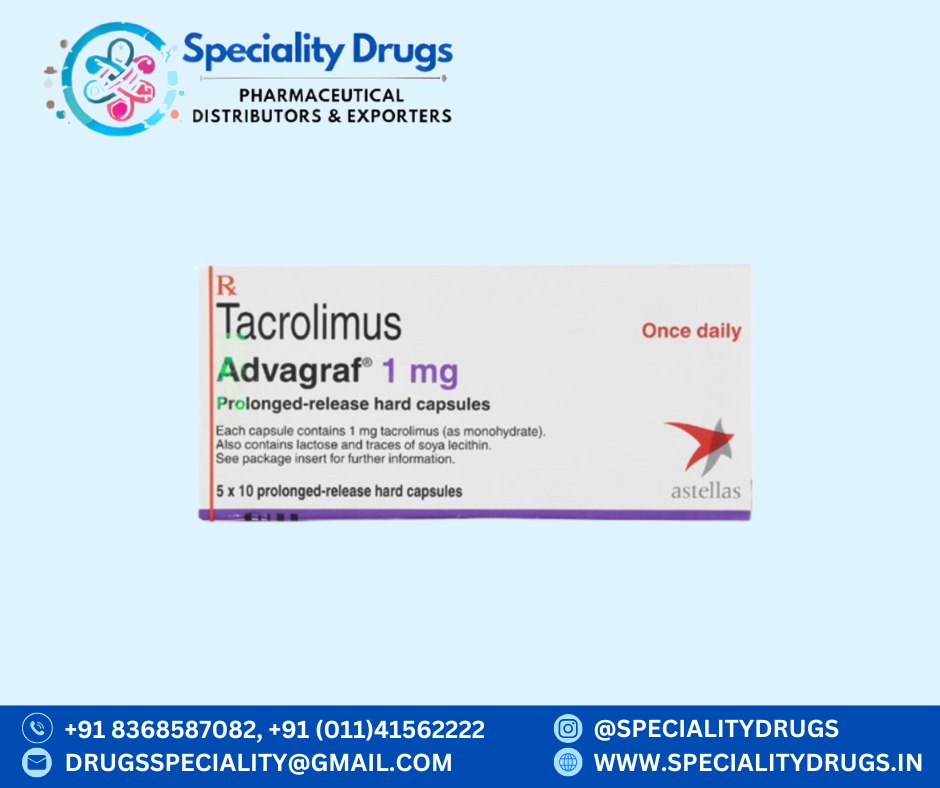
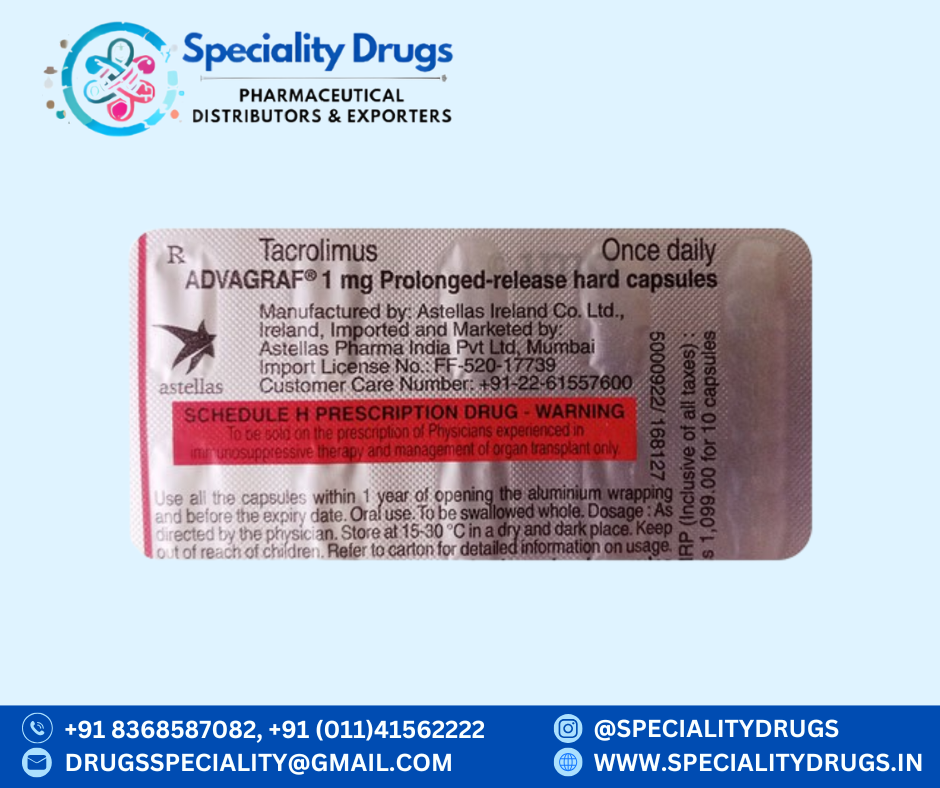
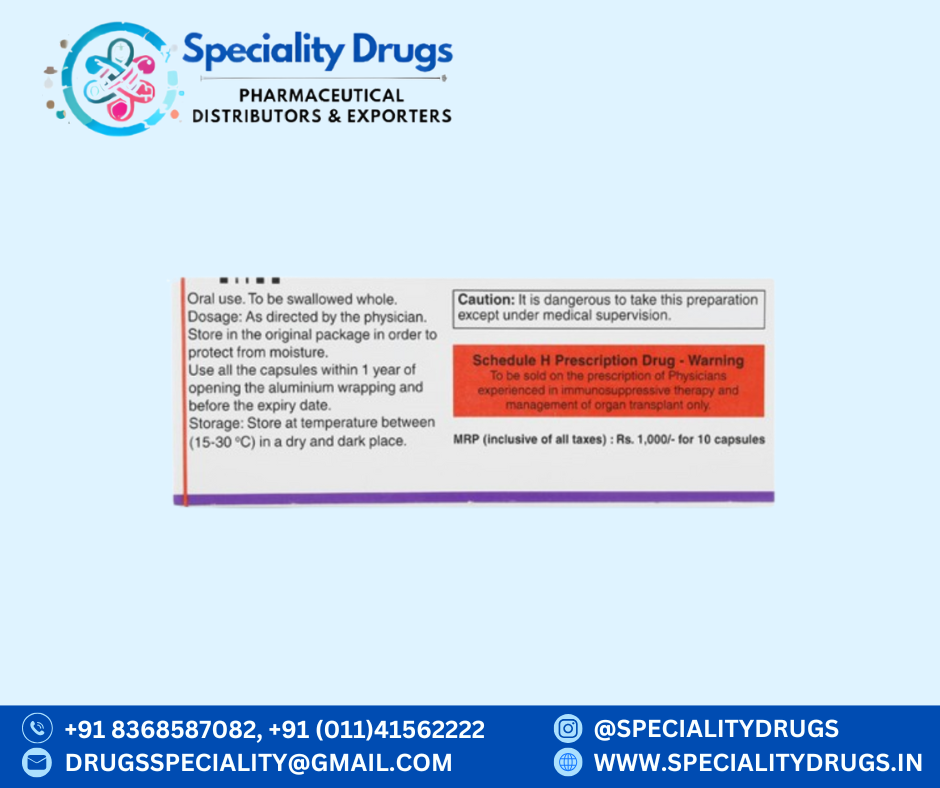
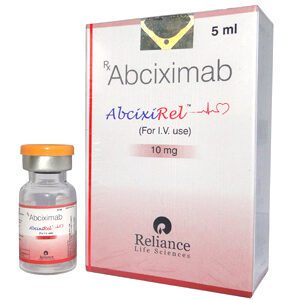
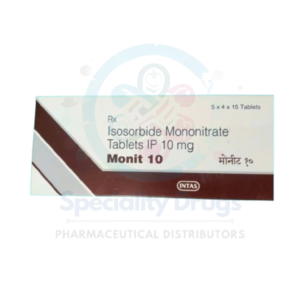
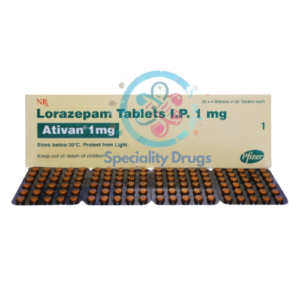
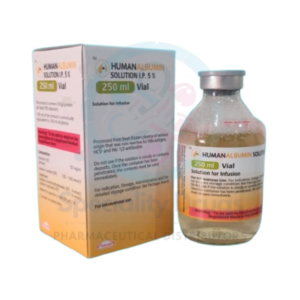
Reviews
There are no reviews yet.